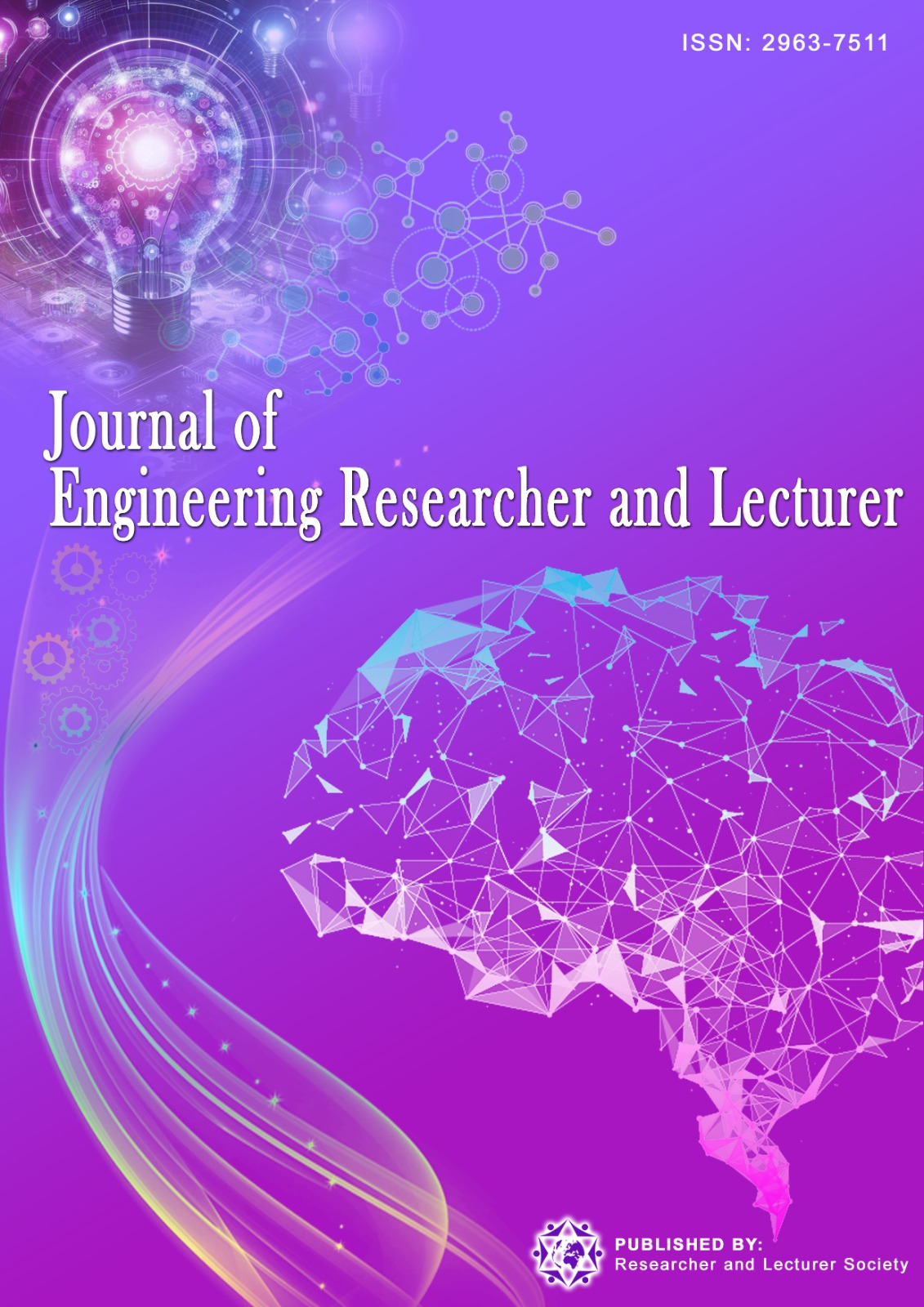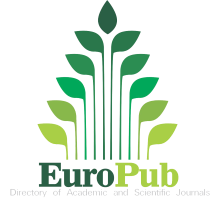Article Withdrawal Policy

This is a common concept of scholarly communication that the editor of a learned journal is entirely and independently responsible for choosing which papers submitted to the journal will be published. The editorial board regulations for the journal serve as the editor’s guide and are restrained in making this choice by current laws governing libel, copyright infringement, and plagiarism. The significance of the academic archive as a permanent, historical record of the transactions of scholarship is a result of this idea. Published articles are required, as far as possible, to remain extant, precise, and unchanged. Conversely, rare conditions may lead to a withdrawal or even deletion of an article. Such actions should not be taken lightly and can only occur in uncommon conditions.
This policy has been arranged to deal with these issues and consider present best practices in the scientific community and libraries. We will review this issue as standards develop and alter, and we invite the opinions of the academic and library community. We are continuously engaging various information organisations to promote international standards and best practices that the publishing and information sectors may use since we believe these concerns call for them. See also the National Library of Medicine's policy on retractions and the recommendations of the International Committee of Medical Journal Editors (ICMJE) concerning corrections and retractions.
Article Withdrawal
This only applied to articles in the press, which are drafts of articles that occasionally contain errors or may have been sent twice unintentionally. The articles may occasionally, though less commonly, constitute violations of professional ethical standards, such as multiple submissions, false authorship claims, plagiarism, fraudulent data use, or similar actions. Articles in press (articles that have been accepted for publication but have not yet been officially published and will not yet have the full volume/issue/page information) that contain errors, are found to be unintentional copies of already-published articles or are deemed by the editors to be in violation of our journal's publishing ethics guidelines (such as multiple submission, false authorship claims, plagiarism, fraudulent use of data, or the like), maybe “Withdrawn” from Journal of Computer-based Instructional Media Archive. Withdrawn refers to the removal of the article's HTML and PDF content in exchange for an HTML page and PDF which simply states that the article has been withdrawn in accordance with the Journal of Computer-based Instructional Media Policy on Article in Press Withdrawal and includes a link to the most recent version of the policy document.
Article Retraction
Infringements of the rules governing professional ethics, such as numerous submissions, false authorship claims, plagiarism, and the fraudulent use of data, etc. On rare occasions, a retraction will be used to fix submission or publication mistakes. It has long been a rare occurrence in the academic world for an article to be retracted by its authors or the editor on the advice of other scholars. Many scientific and library organizations have created standards for handling retractions, and the Journal of Computer-based Instructional Media has accepted the following best practices for retracting articles:
- A retraction note titled "Retraction: [article title]" signed by the authors and/or the editor is published in the paginated section of the next issue of the journal and included in the contents list.
- The electronic version contains a link to the source article..
- A screen displaying the retraction notice appears before the article in the online version. The link redirects to this page, from which the reader can access the article.
- The authentic article has been kept exactly as is, with the exception of a watermark on the.pdf stating on each page that it has been "retracted".
- The HTML version of the document is deleted.
The retraction process adheres to the Council on Publication Ethics (COPE) Retraction Guidelines, which can be found at https://publicationethics.org/files/retraction-guidelines-cope.pdf
Article removal: legal limitations
An article might need to be deleted from the online database in a very small number of circumstances. This will only happen in cases where the material is obviously defamatory, violates the legal rights of others, is the subject of a court order or where there is a reasonable expectation that it will be, or where acting on the article could seriously endanger one's health. In certain situations, a screen indicating the article has been removed for legal reasons will replace the text while the metadata (Title and Authors) are kept.
Article replacement
If the article, if followed, could pose a major health danger, the writers may decide to retract the faulty original and replace it with a revised version. In these situations, the retraction processes will be followed, with the exception that the database retraction notice will post a link to the updated, republished article and a document history.
























